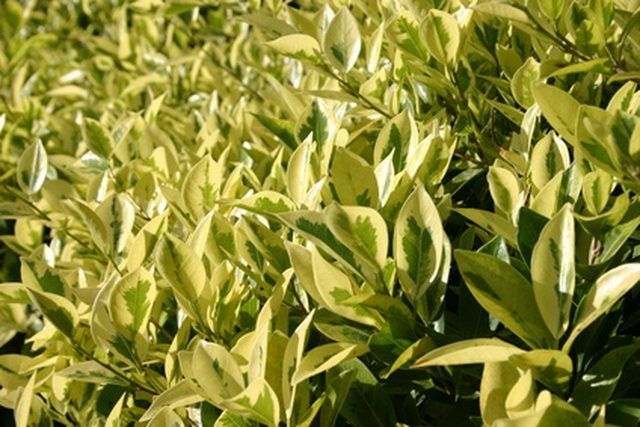Bulbs
Flower Basics
Flower Beds & Specialty Gardens
Flower Garden
Garden Furniture
Garden Gnomes
Garden Seeds
Garden Sheds
Garden Statues
Garden Tools & Supplies
Gardening Basics
Green & Organic
Groundcovers & Vines
Growing Annuals
Growing Basil
Growing Beans
Growing Berries
Growing Blueberries
Growing Cactus
Growing Corn
Growing Cotton
Growing Edibles
Growing Flowers
Growing Garlic
Growing Grapes
Growing Grass
Growing Herbs
Growing Jasmine
Growing Mint
Growing Mushrooms
Orchids
Growing Peanuts
Growing Perennials
Growing Plants
Growing Rosemary
Growing Roses
Growing Strawberries
Growing Sunflowers
Growing Thyme
Growing Tomatoes
Growing Tulips
Growing Vegetables
Herb Basics
Herb Garden
Indoor Growing
Landscaping Basics
Landscaping Patios
Landscaping Plants
Landscaping Shrubs
Landscaping Trees
Landscaping Walks & Pathways
Lawn Basics
Lawn Maintenance
Lawn Mowers
Lawn Ornaments
Lawn Planting
Lawn Tools
Outdoor Growing
Overall Landscape Planning
Pests, Weeds & Problems
Plant Basics
Rock Garden
Rose Garden
Shrubs
Soil
Specialty Gardens
Trees
Vegetable Garden
Yard Maintenance
What Is Plant Food Made Of?
What Is Plant Food Made Of?. Commercial plant food is made from a combination of three key ingredients: nitrogen, phosphate and potash. The amounts and ratios of each ingredient varies depending on the type of plant or flower to be fed.

Commercial plant food is made from a combination of three key ingredients: nitrogen, phosphate and potash. The amounts and ratios of each ingredient varies depending on the type of plant or flower to be fed.
Ingredients
Nitrogen promotes leaf growth and lushness. Phosphorus aids in producing strong roots and increasing fruit development. Potash is made from potassium which enhances the color of flowers and helps to increase size and strength. Commercial plant food is available in several formulas labeled with the percentage of each of these ingredients.
Finding the Right Mix
Do some research to find out which formula is best for your plants and read plant food labels before purchasing. A careful schedule should be followed as feeding a plant too often can be as detrimental as feeding it too little.
Making Your Own
Some gardeners prefer the eco-friendly alternative to commercial plant food: making their own from compost or a mixture of epsom salts, saltpeter, ammonia and baking powder.